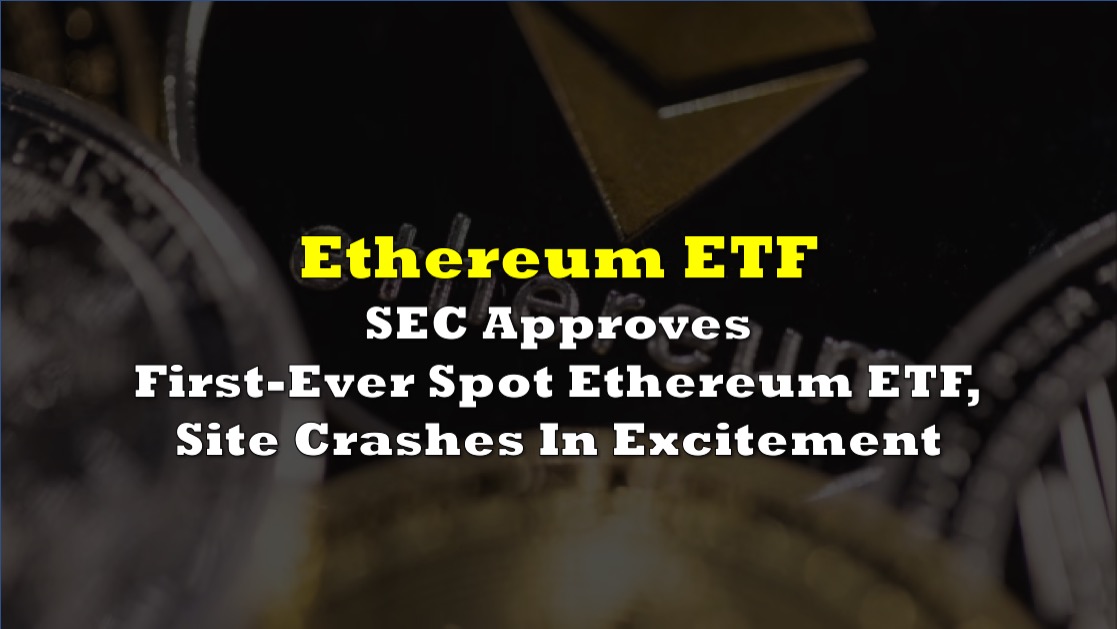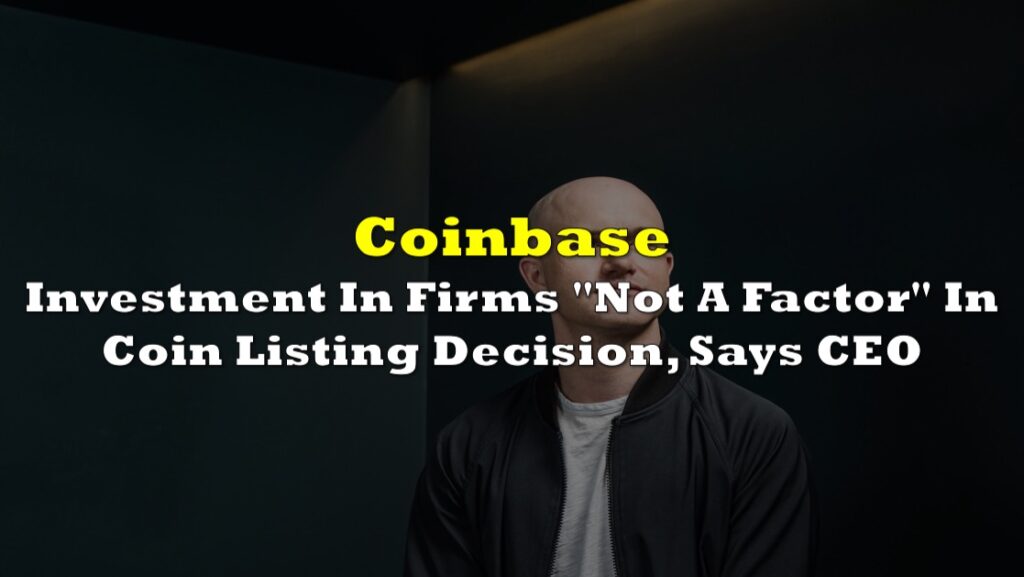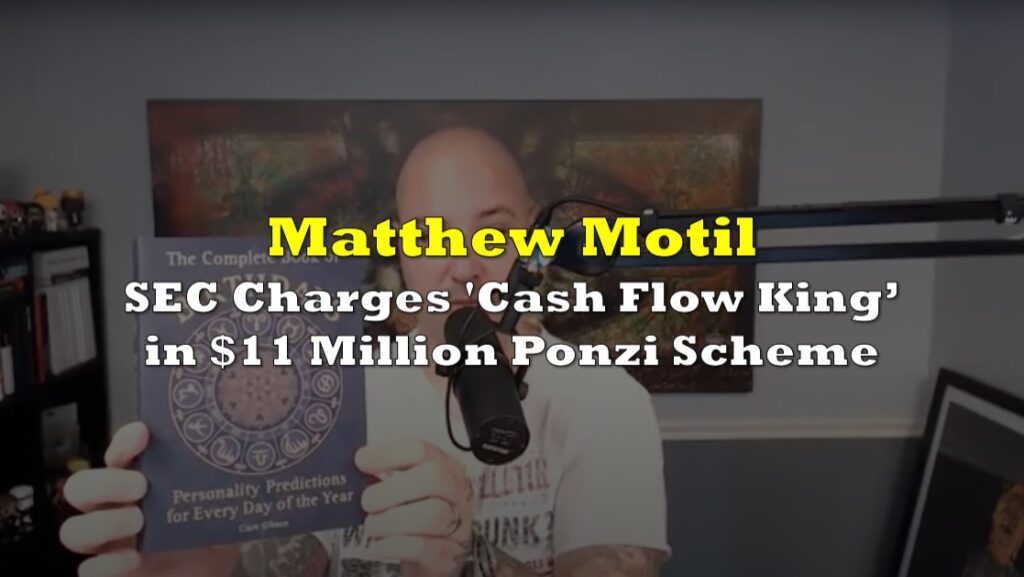The U.S. Securities and Exchange Commission has approved the first-ever spot Ethereum (ETH) exchange-traded fund, marking a significant milestone in the cryptocurrency industry. This decision allows investors to gain direct exposure to Ethereum without needing to purchase the digital asset directly.
The move was met with significant enthusiasm, evidenced by the SEC website crashing as users rushed to access the filing and the Commission’s voting breakdown.
Something is off. This doesn’t make sense why would they approve of an #ETH ETF when @ethereum received a Wells Notice??
— Sam (@iAMSAM2022) May 23, 2024
In a broader context, the SEC has approved eight Ethereum ETFs after a long process that many commentators thought would end in disapproval. VanEck, Franklin, Grayscale, Fidelity, Bitwise, ARK Invest & 21Shares, BlackRock, Invesco, and Galaxy all proposed Ethereum ETFs.
The SEC approval document states: “After careful review, the Commission finds that the Proposals are consistent with the Exchange Act and rules and regulations thereunder applicable to a national securities exchange.”
The approval of the spot Ethereum ETF is a notable development, especially considering the SEC’s historically cautious approach towards cryptocurrency-related financial products. The ETF, which will trade under the ticker symbol ETH, is expected to drive increased institutional and retail investment into Ethereum, further legitimizing the digital asset within the traditional financial markets.
Vitalik Buterin, the co-founder of Ethereum, has an interesting origin story that intertwines with the world of online gaming. Born in Russia in 1994 and moving to Canada in 2000, Buterin was an avid player of the popular game “World of Warcraft” from 2007 to 2010. However, a significant change to his favorite character’s abilities by the game’s developer, Blizzard Entertainment, profoundly impacted him. Buterin has often cited this incident as a pivotal moment, showcasing the potential pitfalls of centralized services.
“One day, Blizzard removed the damage component from my beloved warlock’s Siphon Life spell,” Buterin recalled. “I cried myself to sleep, and on that day I realized what horrors centralized services can bring.”
BREAKING: The SEC approves spot Ethereum (ETH) ETF, making it the first ETF ever created because a character from “World of Warcraft” had its warlock powers nerfed. pic.twitter.com/2RLBaRBpxb
— Trung Phan (@TrungTPhan) May 23, 2024
Following this experience, Buterin’s interest in decentralized systems grew, leading him to discover Bitcoin in 2011. Initially skeptical, Buterin’s curiosity eventually blossomed into a deeper involvement with cryptocurrency. He started writing for “Bitcoin Weekly” at a modest wage and later co-founded “Bitcoin Magazine” with Mihai Alisie. By 2013, his dedication to the crypto world led him to drop out of the University of Waterloo and embark on a journey to explore various crypto projects. His vision for a more generalized blockchain platform culminated in the creation of Ethereum, which launched in 2015.
The Evolution and Significance of Ethereum
Ethereum, conceived by Buterin, is a decentralized platform that enables developers to build and deploy smart contracts and decentralized applications. Unlike Bitcoin, which primarily functions as a digital currency, Ethereum’s blockchain can host a variety of applications, from finance to supply chain management. This flexibility has made it one of the most widely used blockchain platforms globally.
The approval of the spot Ethereum ETF is expected to have significant implications for the market. It provides a regulated and secure way for investors to gain exposure to Ethereum, potentially increasing liquidity and market stability. Moreover, it represents a step towards broader acceptance of cryptocurrency assets within traditional financial systems.
The cryptocurrency community has largely celebrated the SEC’s decision. Prominent industry figures and financial analysts have highlighted the potential benefits of the ETF in terms of market maturity and investor protection. The approval is seen as a vote of confidence in Ethereum’s robustness and its growing role in the financial ecosystem.
However, some experts urge caution, noting the volatile nature of cryptocurrency markets. They emphasize the importance of investor education and the need for regulatory frameworks to evolve in tandem with technological advancements.
Information for this briefing was found via Techopedia, CoinSpeaker, CoinGape, CoinGecko, and the sources mentioned. The author has no securities or affiliations related to this organization. Not a recommendation to buy or sell. Always do additional research and consult a professional before purchasing a security. The author holds no licenses.









